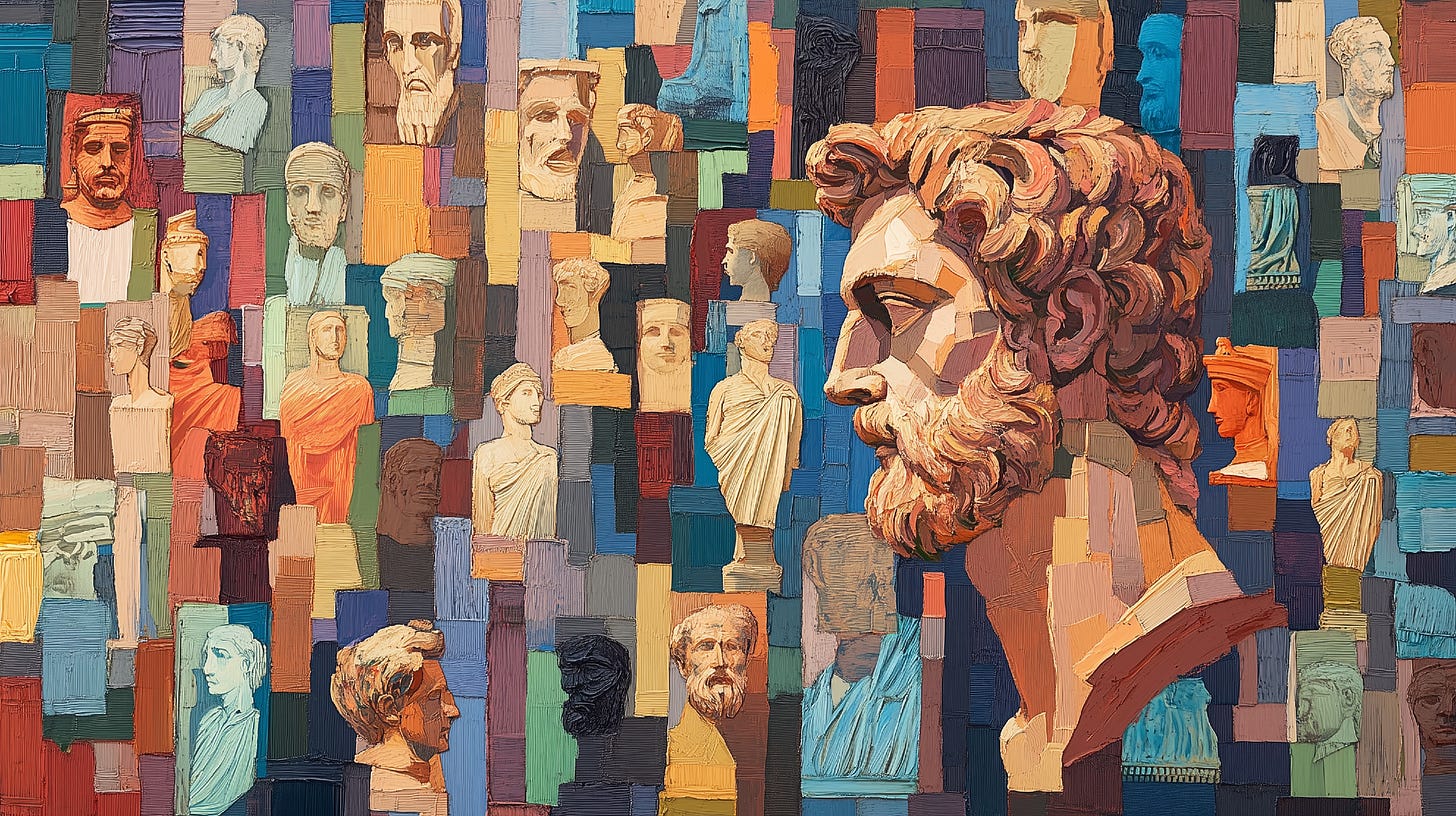Hey, folks! From perfumed statues to bets on the pope’s death, I’m sharing more curious facts worth knowing this week.
Here’s today’s selection:
Some ancient Greek and Roman statues were perfumed to appear more lifelike. Inscriptions describe them being rubbed with scented oils, including rose, making the experience both visual and olfactory.
In 1959, a scientist at Vostok Station allegedly attacked a colleague with an ice axe after losing a game of chess. In 2018, another Russian Antarctic base saw a stabbing—this time over spoiled book endings.
People assume heroes like Harry Potter or Spider-Man share their politics, while villains like Darth Vader or Cruella de Vil back the other side. They’re 20 points more likely to project their party onto heroes than villains.
In England, immigrant minorities face higher air pollution where they live—especially Bangladeshi, Caribbean, and African communities, who bear the greatest environmental burden.
Teens who bullied others were more likely to have children in their early twenties and to have more children overall—suggesting bullying may serve as an evolutionary strategy to boost reproductive success.
Astronomers have found 128 new moons around Saturn, bringing its total to 274—nearly twice as many as all other planets combined.
In 2024, the WMO recorded 151 record-breaking weather events. Australia hit 49.9°C, floods swept Italy and Senegal, and the Philippines saw six typhoons in a month.
Students working in large research groups are more likely to leave academia than those in smaller groups.
Cod, haddock, salmon, tuna and prawn account for 80 per cent of all seafood eaten in Britain.
Elephants fear bees, so Kenyan farmers use beehive fences to protect crops. In a study of nearly 4,000 elephants, 75% turned away. Even dummy hives can work.
Until 1918, betting on the pope’s death or election could get you excommunicated.
Researchers turned Loch Ness Monster sightings into data and found most reports happen in summer, during the day, and in good weather—though sightings dip around lunchtime.
What I’ve been reading
The 1,300-year search for the Loch Ness Monster: “The Loch Ness Phenomena Investigation Bureau formed in 1961 and carried out several expeditions, including night searches. The group dissolved in 1977.”
The New Yorker turns 100. How a poker game pipe dream became a publishing powerhouse: “When The New Yorker was just a few months old, its founder almost even lost it entirely one night in a drunken poker game.”
Here’s what the rise of clean energy looks like from space: “In the United States, electricity from solar and wind combined surpassed coal for the first time last year. Solar alone accounted for more than 80 per cent of new capacity added in 2024, a third of which was installed in Texas.”
That’s it for today! Thanks for reading! If you enjoy the newsletter, share it with a friend—or a dozen. And if you really enjoyed it, consider upgrading to a paid subscription—it helps support my work and means a lot.
Elia Kabanov is a science writer covering the past, present and future of technology (@metkere)
Illustration: Elia Kabanov feat. MidJourney.




